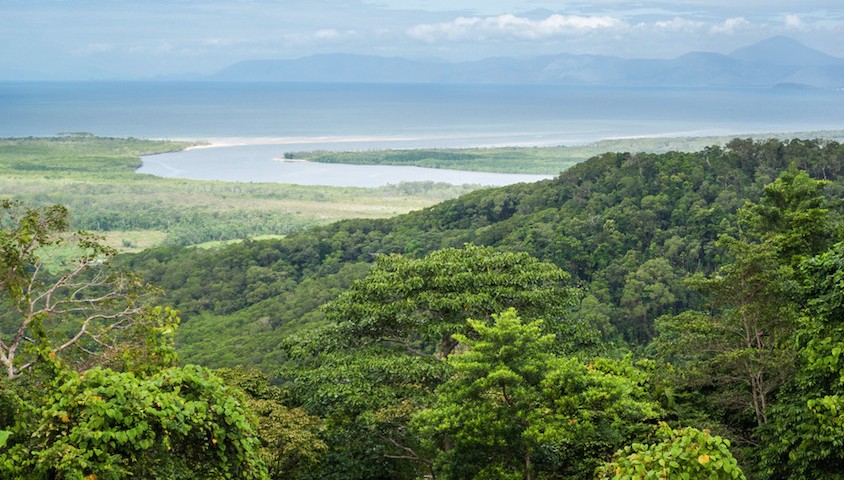Safeguards removed by the conservative Newman government in Queensland could soon be restored in a bid to strengthen the conservation status of the state’s national parks.
On Tuesday a media statement from the state’s minister for the environment, Dr Steven Miles, stated that an Amendment Bill had been presented to parliament.
The Nature Conservation and Other Legislation Amendment Bill 2015 is designed to introduce changes critical in delivering on the Palaszczuk government’s ‘commitment to ensure the greatest possible protection of national park estate, providing permanent preservation of natural conditions and protection of cultural resources and values’.
“The use of national parks will be compatible with the primary purpose of the legislation, unlike the previous government’s open slather approach,” Miles said.
“These are public assets. They are used and enjoyed by the public and the previous government treated them as though they were merely the property of the Minister.”
Importantly, rolling term leases in national parks has been addressed with Miles stating that they are to revert back to term leases so that “appropriate decisions can be made about the future use and management of these areas”.
Furthermore, the Bill is said to reinstate the scientific class of protected area to relevant national parks so that places like Raine Island (a key turtle hatchery) receive the highest level of protection.
These changes have been positive received as a first step towards strengthening protections for Queensland’s natural heritage, with the National Parks Association Queensland’s principal advocate Paul Donatiu commending the new government for its actions.
“The changes introduced today by Minister Miles will remove commercialisation from the objects of the Nature Conservation Act, and elevate nature conservation as the sole goal of the Act.”
“The National Parks Association also welcomes the return of tenures such as National Park (Scientific) and Conservation Park, changes in line with ensuring that conserving biodiversity is at the heart of the Act,” Donatiu said.


